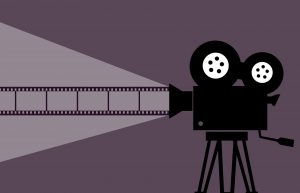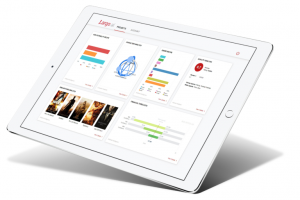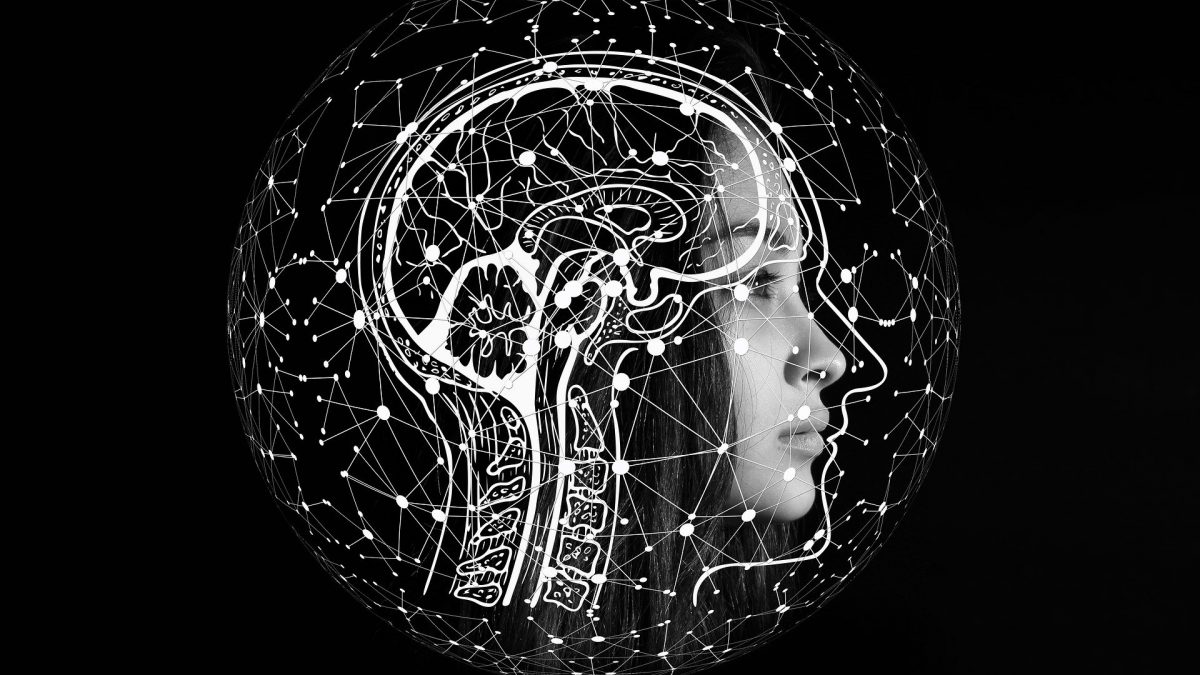
Most professionals involved with creating a movie breathe a deep sigh of relief when they hear the words, “it’s a wrap”. While for the vast majority of people involved in a movie, this is the end of months, sometimes years of hard work, for others, this is just the beginning.
Post-production can take months. During this period, a movie is edited, special effects added, and the sound recorded and synced. It is as important as any other stage of the production to get right. It is not unheard of for a movie to get bogged down in post-production and to see huge cost overruns that place even more pressure on the production.
For years, the movie business has turned to the latest technological innovations to help it try to minimize the risk and to overcome these problems. As productions grew ever bigger and more complex, it was technological innovations such as digital editing and VFX that allowed productions to do more in post-production that ever before.
While Hollywood blockbusters can now add whole new worlds and characters to scenes thanks to special effects, smaller productions benefit from less costly editing suites as well as digital effects such as camera shake reduction.
However, in recent years, with fewer and fewer movies making it to our cinemas, and those that do being under ever-increasing pressure to make as much money as possible, the movie business has found itself needing help more than ever before.
Fortunately, in the nick of time, help has arrived in the form of AI-assisted moviemaking.
In this article, we are going to take a look at how AI is being used to maximize profitability during post-production.
Artificial Intelligence: The Great Leap Forward
Imagine a world where, as a producer or director, you were able to travel to the future and sit in the cinema with your audience and see what they liked and disliked about the movie you were about to make.
This is the goal of AI, to provide instant feedback as to how an audience is likely to react to specific choices that could end up in the final movie.
AI can be applied to just about all aspects of the post-production process. Everything from how a scene is edited to how funny a joke is can be analyzed by AI in order to understand its effect better.

Read Also
- AI To Help Movie Companies Recover From Coronavirus Shutdown
- Will AI Lead To Mass Unemployment In The Movie Industry?
Better editing means happier audiences
In the past 20 to 30 years, editing has become increasingly standardized. With the exception of action movie editing, which is increasingly striving to boost audience involvement by increasing cut speeds, etc., a fairly common editing style for most other genres has now been established.
The reason for this is that audiences not only react to movies, but are educated by them too. More and more, audiences are coming to expect certain styles of edits, styles, and camera shots. Moviemakers are getting locked in because they can’t risk editing a scene in such a way that the audience might respond badly to it. Afterall, poor audience satisfaction equals poor box office results.
This is where AI can help. Filmmakers can edit multiple versions of scenes and then have them analyzed by AI programs. By cross-referencing the different versions with pools of data relating to past audience reactions, the program will be able to establish what is likely to work, and what won’t.
Getting It Right: Actor’s Performances
AI programs can analyze scripts and determine their ‘ingredients’ and ‘recipe’. While a particular script might be deemed a great comedy or thriller, getting this vision up on the big screen is a huge challenge.
Just consider the pairing of comedy duo John Belushi with Dan Aykroyd in Neighbors (1989) The movie script was highly regarded, however, the movie’s director simply wasn’t able to get the scripts magic up on screen. The film was widely regarded as unfunny and a failure.

The suitability of an actor for a particular role is one of the services offered by leading AI companies like Largo.ai. Their AI programs use a variety of criteria to establish how suitable a given actor is for a specific role. This allows production companies to try out hundreds of actors without ever having to see a single one. Such a system would have prevented the failure of Neighbors by highlighting the unsuitability for John Belushi to play the straight man to Aykroyd’s crazy character.
During post-production, AI can help polish the performance an actor has given. Once a rough edit is complete, the AI program will be able to analyze the complete film in order to identify what aspects an audience will like and what they won’t.
One example might be a joke that the actor might not have gotten quite right or simply doesn’t fit right into how the scene has been edited, etc. The director might choose to remove the joke or the scene or do a new edit to make it funnier (more time spent on a rector reaction, etc.).
While it has proven unpopular with many actors, additional expressions or reactions such as tears could also be added using CGI to increase the drama of a scene. Small changes have and enormous potential to engage audiences more and thereby boost movie profitability.
Read Also
- How Actors Will Benefit from Using AI: Artificial Intelligence in Filmindustry
- Artificial Intelligence And The Battle To End Racial Discrimination In Movies
Changing the Soundtrack
The final element of a movie in post-production that could see enormous benefits from AI is the soundtrack. A simple change in song during a dramatic sequence can do wonders for audience engagement.
AI programs have enormous power to assess which songs or sounds work best for a scene or a moment. While some elements of the soundtrack are chosen prior to post-production (i.e. as per script directions etc.), the vast majority are put together in post-production.
Using AI to assist in choosing the right sounds and music for the soundtrack empowers filmmakers to most powerfully connect with their audiences.
These are just a few examples where AI can help in movie production. As the technology developers, more and more areas of movie production will be aided by the use of AI systems





Stay connected